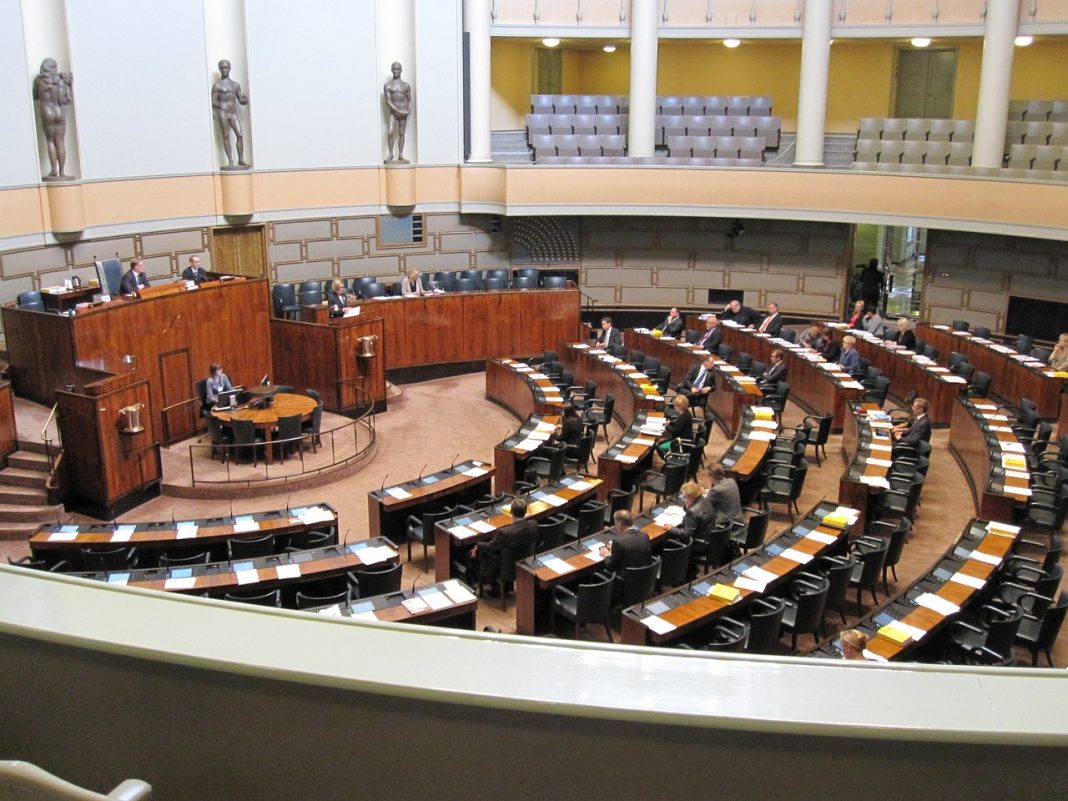In Skopje, a period of unrest unfolded as Talat Xhaferi was elected Speaker of the Assembly under chaotic circumstances. This election sparked protests and clashes, resulting in a tense political atmosphere in North Macedonia’s capital.
The election took place amid significant disorder. Members of the Social Democratic Union of Macedonia (SDSM) and the Albanian minority-backed Democratic Union for Integration (DUI) supported Xhaferi’s nomination. However, opposition groups, particularly the right-wing VMRO-DPMNE party, expressed strong opposition, with many of their members objecting to the process and accusing the majority of bypassing proper procedures.
The incident sparked outrage, with demonstrators storming the Assembly building following Xhaferi’s election. Protesters, many affiliated with the opposition, clashed with security forces and entered the parliamentary chamber. Scenes of violence and chaos dominated the evening as lawmakers, journalists, and police were caught in the turmoil.
Xhaferi, the first ethnic Albanian to serve as Speaker, represents a controversial figure for some in North Macedonia. His election comes at a politically delicate time, with ongoing debates about the future of ethnic relations and the country’s European Union accession talks.
In response to the unrest, international observers, including representatives from the European Union and the United States, condemned the violence and called for calm. They urged political leaders to resolve their differences through dialogue and reaffirmed their support for North Macedonia’s democratic institutions.
The situation remains fluid, with continued protests and political uncertainty. For many in the country, the election of Talat Xhaferi symbolizes both progress and division, as the nation grapples with its internal challenges and aspirations for European integration.

